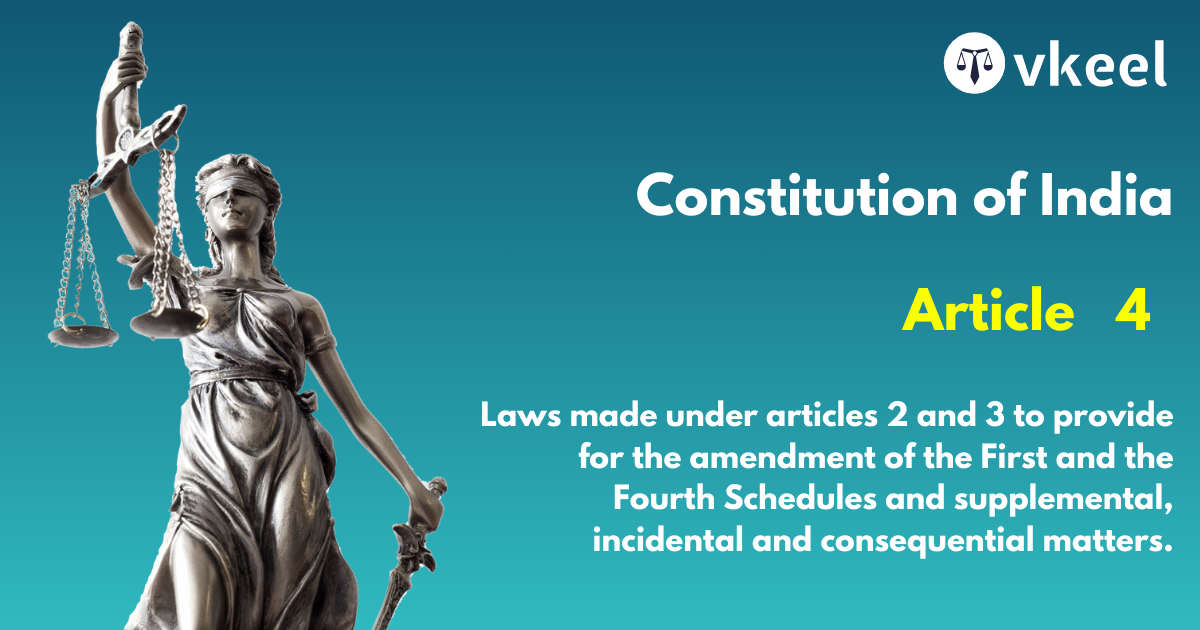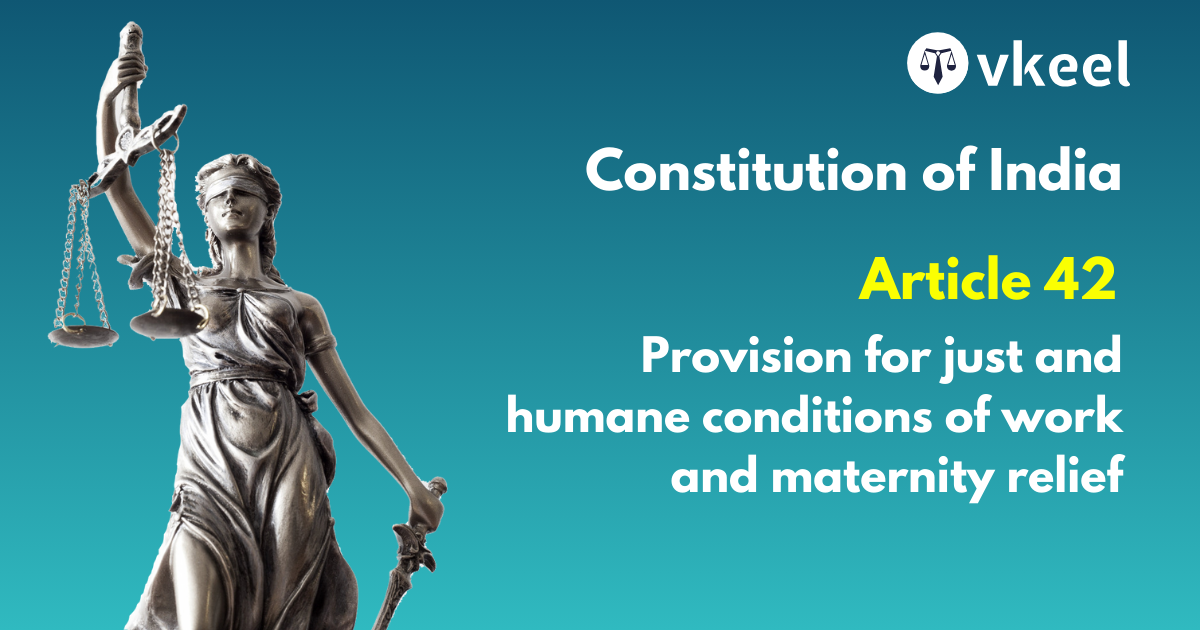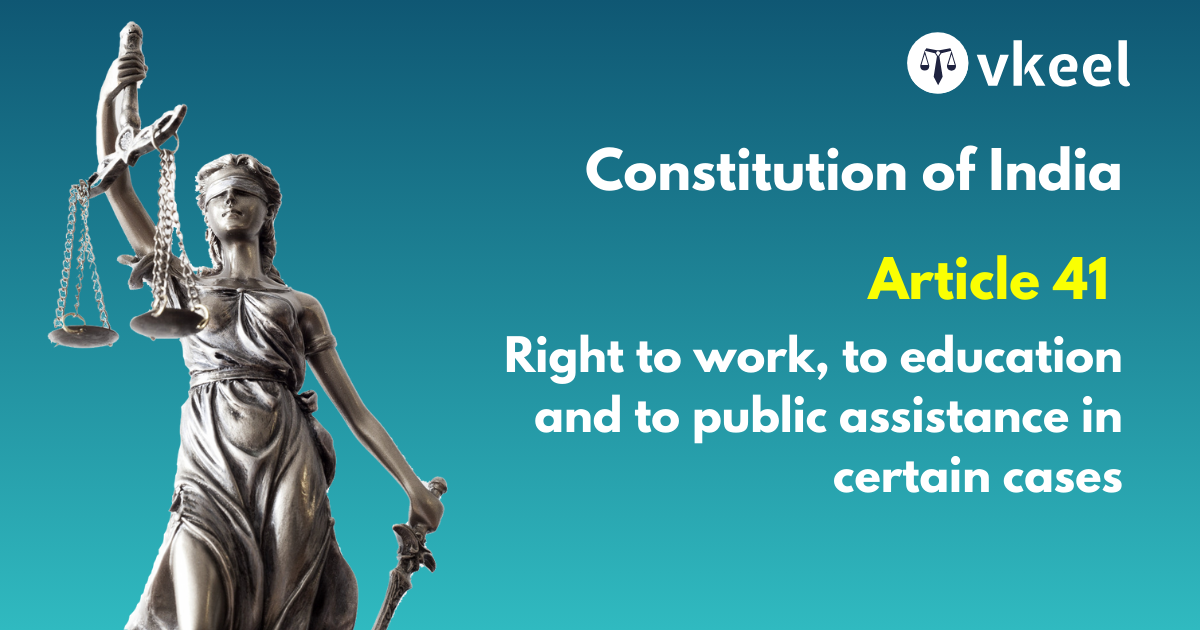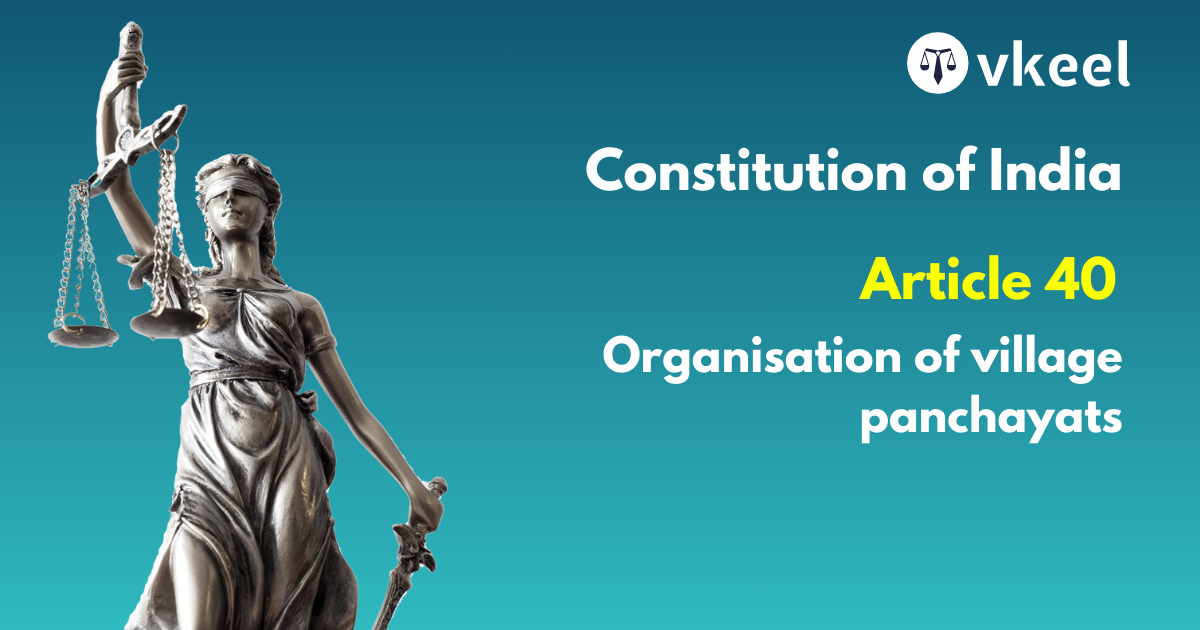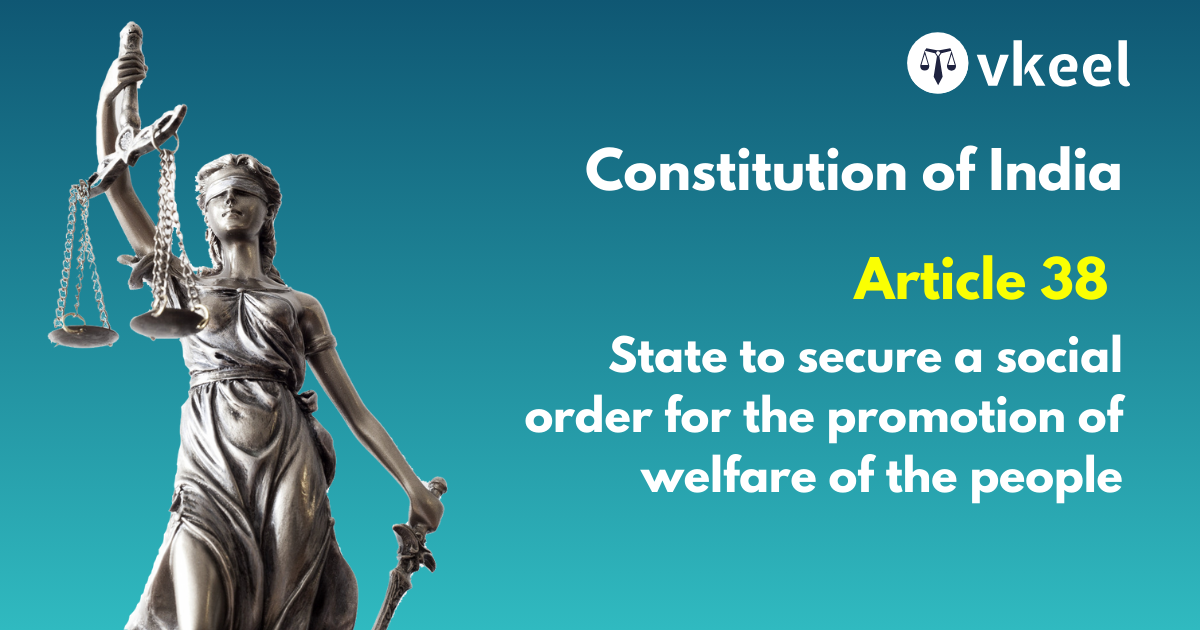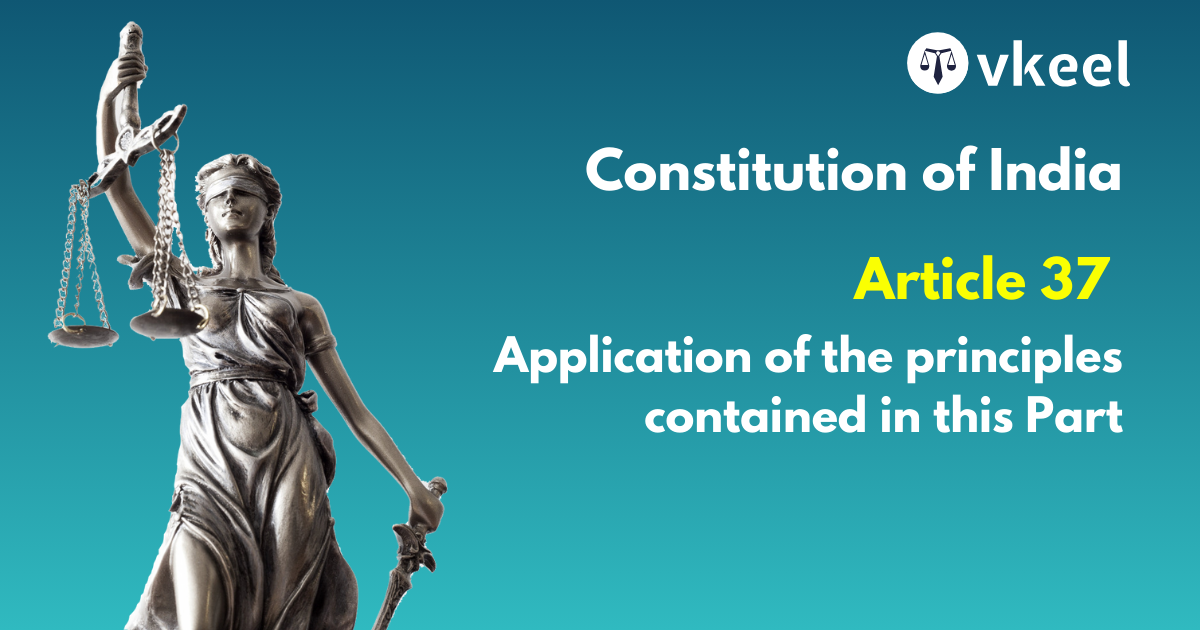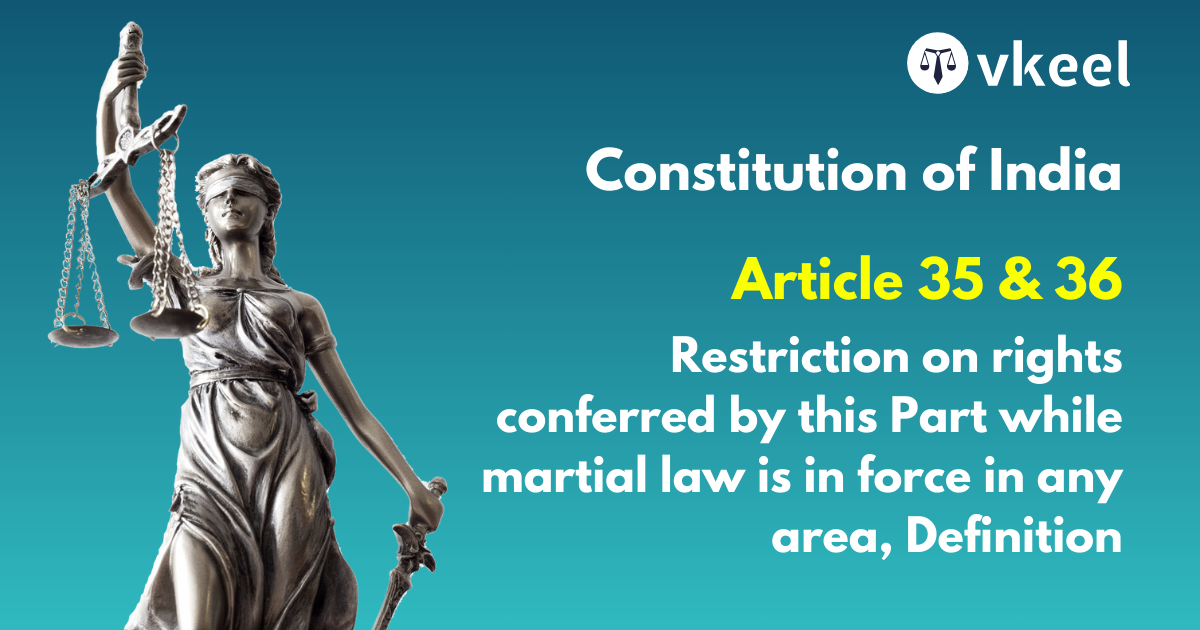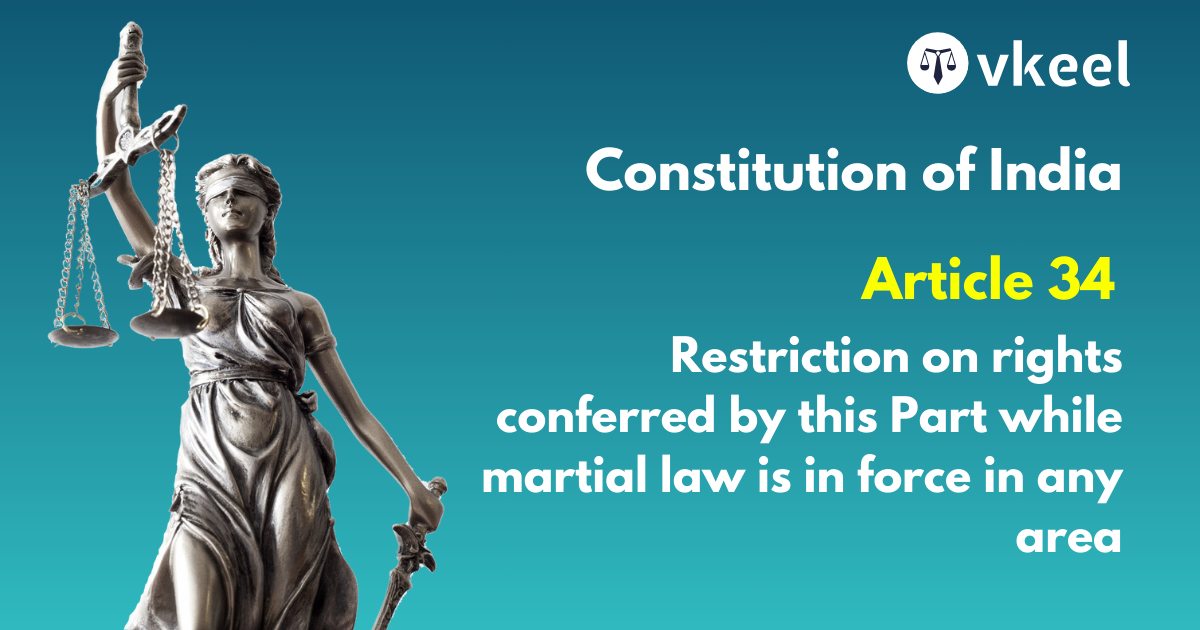Article 4 Laws made under Articles 2 and 3 to provide for the amendment of the First and the Fourth Schedules and supplemental, incidental and consequential matters
By Vanshika Saini
Table of Contents
Introduction
The adaptability of the Indian Constitution to alter new states or form new ones by passing through an ordinary or simple majority legislative process is described under Article 4 of the Indian Constitution.
The particular Article facilitates a sense of coherence and commitment in ensuring implementation of certain provisions under the law thus maintaining administrative adjustments accordingly.
Constitutional amendments are not required to change names, boundaries according to Article 368 and no special procedure is required to pass and formulate such altercations, only a majority vote is sufficient.
Article 4
Laws made under Articles 2 and 3 to provide for the amendment of the First and the Fourth Schedules and supplemental, incidental and consequential matters.—
(1) Any law referred to in article 2 or article 3 shall contain such provisions for the amendment of the First Schedule and the Fourth Schedule as may be necessary to give effect to the provisions of the law and may also contain such supplemental, incidental and consequential provisions (including provisions as to representation in Parliament and in the Legislature or Legislatures of the State or States affected by such law) as Parliament may deem necessary.
(2) No such law as aforesaid shall be deemed to be an amendment of this Constitution for the purposes of Article 368.
Judicial Pronouncements and Amendments
In Mangal Singh vs Union of India, 1966 the Supreme Court upheld that under Article 4(2) any law making incidental provisions in terms of First and Fourth schedules of the constitution would not be considered as an amendment.
The respective Article permits the Parliament to altercate provisions mentioned in the constitution to cater and resolve the semi-permanent obstacles when admission or formation of any state is observed.
An instance of the Katchatheevu island is an exception, the island was ceded to Sri Lanka executed in 1974 and later in 1976. After the cession of the Katchatheevu region was challenged in the apex court in 2012,for being violative. No judgement or decree has been issued on the above-mentioned issue.
Contemporary Significance and Impact of Article 4
The contemporary needs of the present India are not drastically different from the post independent India, the need and demand to create a new state can be highlighted at any point, at present or in future.
It the responsibility of the current government to satisfy and to hold oneself accountable for imparting flexibility thus not compromising integrity and building the trust constantly put in by the regional identities.
The state of Assam, its boundaries were altered, a strip of Assam was carved out and ceded to Bhutan. The state of Andhra Pradesh as created in 1953 carved out of Madras.
The Act of 1954 led to the formation of Himachal Pradesh merged Bilaspur and Himachal Pradesh into one unit. Certain territories of Bihar were transferred from the state of Bihar to West Bengal under the transfer of territories act of 1956.
Under the State Reorganization Act of 1956, the states of Saurashtra, Cochin, Travancore and Madhya Pradesh were merged and a new state of Kerela was formed.
The State of Arunachal Pradesh was uplifted from a union territory to status of state in 1968.In the year 2000 the state of Uttar Pradesh was separated from Uttarakhand. Under the Reorganization act of 1987, the state of Goa was separated from Daman and Diu.
Conclusion
The accurate balance between stability and change is transparently compartmentalized in the structure of Article 4. The responsiveness and inclusiveness are constantly evolving thus allowing for a mainstream legislative ethos.
Thus, embodying the national unity and adaptative nature of the Constitution. Article 4 will continue to direct and command the resilient federal structure of Indian nation as long as the provisions enshrined in the constitution are respected and followed.
Disclaimer:
The information provided in the article is for general informational purposes only, and is not intended to constitute legal advice or to be relied upon as a substitute for legal advice. Furthermore, any information contained in the article is not guaranteed to be current, complete or accurate. If you require legal advice or representation, you should contact an attorney or law firm directly. We are not responsible for any damages resulting from any reliance on the content of this website.

